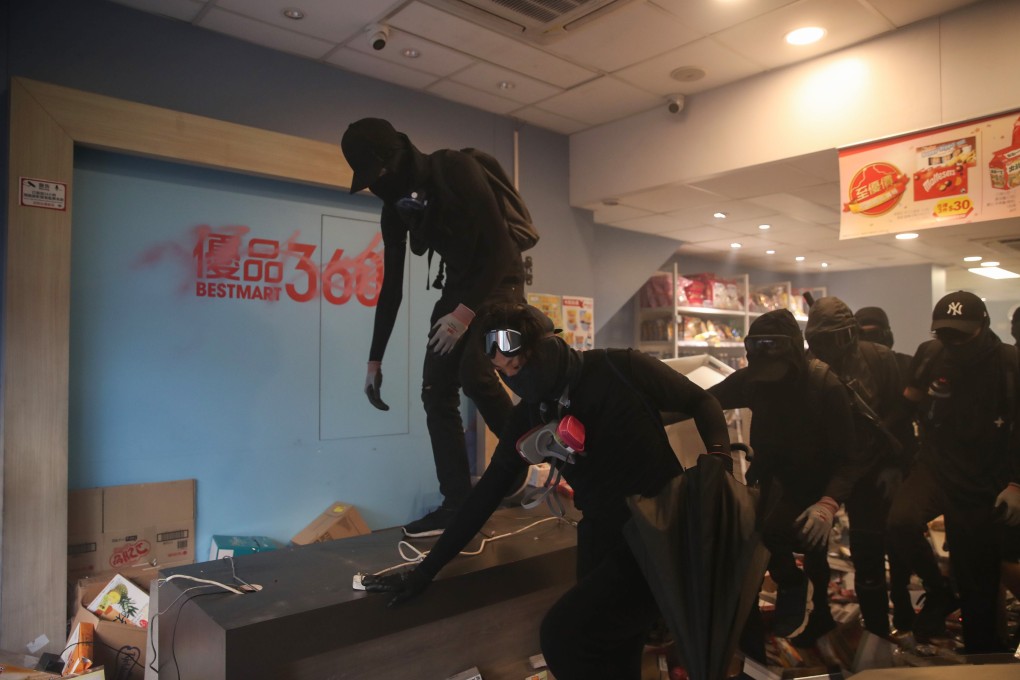Best Mart 360 opens third shop in Macau, eyes Greater Bay Area after social unrest, coronavirus slashes profit by 80 per cent
- Hong Kong-listed Best Mart 360 opens third shop in Macau and hopes to expand in the Greater Bay Area
- Annual net profit drops to HK$12.1 million from HK$59.7 million due to impact from social unrest, Covid-19

Best Mart 360 has opened the third of as many as 20 outlets planned for Macau and hopes to expand in the Greater Bay Area, as the Hong Kong-listed snack shop chain aims to grow its business after the social unrest and coronavirus outbreak cut into its bottom line.
“We have been renting shops in Macau, and will continue to open more stores in Macau,” Lin Tsz-fung, its chairman and co-founder, said in an exclusive interview. The snack chain opened its second store in Macau in June, and its first store in December.
“We hope to expand in the Greater Bay Area and test the waters in the Guangdong region. But it’s been difficult to set things up in the mainland as the border [with Hong Kong] remains closed,” Lin said.
The company reported a 79.7 per cent decline in net profit to HK$12.1 million (US$1.5 million) for the financial year ending March, compared to HK$59.7 million in the previous year, according to their annual report published late on Thursday.

The company attributed the decrease in profit to the social movement in Hong Kong and the Covid-19 outbreak, which adversely affected the operations of its stores.
“Looking ahead, it is anticipated that [the] pessimistic business sentiment and notable pressure on retail sector in Hong Kong will span for [a] considerable period of time in [the] near term under the continuous threat of novel coronavirus infection until it is well-contained … and the possible re-ignition of the social unrest in Hong Kong,” Lin said in the annual report.